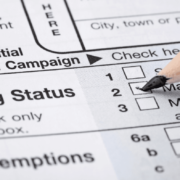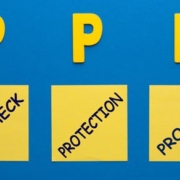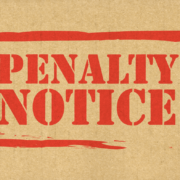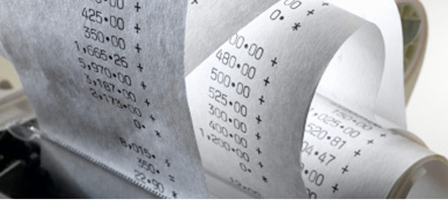PROCRASTINATING ON FILING YOUR TAXES?
Article Highlights:
- Late filing penalties
- Interest
- Three-year statute of limitations
- Forfeited refunds
If you have been procrastinating about filing your 2017 tax return or have not filed other prior year returns, you should consider the consequences, including the penalties, interest, and aggressive enforcement actions. Plus, if you have a refund coming for a prior you may end up forfeiting it.
If you haven’t filed your return and you owe taxes, you will be subject to both a late payment and a late filing penalty. You should file a return as soon as possible and pay as much as possible to reduce the penalties and interest.
The failure-to-pay penalty is one-half of one percent for each month, or part of a month, up to a maximum of 25%, of the amount of tax that remains unpaid from the due date of the return until the tax is paid in full. Should you put off filing, if the IRS issues a notice of intent to put a levy on your property and any amount billed is not paid within 10 days, the interest rate will be increased to a full one percent per month.
There is also a penalty for not filing on time. The failure-to-file penalty is five percent of the tax owed for each month or part of a month that your return is late, up to a maximum of 25%. If your return is over 60 days late, there’s also a minimum penalty for late filing; it’s the lesser of $210 or 100 percent of the tax owed.
On top of that, in addition to interest and late filing penalties, interest accrues on the unpaid balance at the current federal short-term rate plus 3 percent compounded daily. Even if you have received extension, the late payment penalty and interest will accrue on any balance due, so it’s best to file as soon as possible to minimize them.
Of course, there’s no penalty for filing a late return if a refund is due. Penalties and interest only accrue on the unfiled returns of taxpayers who have a balance due and don’t pay by the deadline. However, you can lose your refund and potentially forfeit any tax credits you are entitled by waiting too long to file. In order to receive a refund, the return must be filed within three years of the due date.
Taxpayers who continue to not file a required return and fail to respond to IRS requests to do so may be subject to a variety of enforcement actions, all of which can be unpleasant.
You are strongly encouraged to bring yourself into compliance with your federal—and state, if applicable—income tax return filings. Please call this office so we can help file back returns and, if necessary, advise you on ways to pay or mitigate any tax liability and, when necessary, assist in establishing a payment plan.








Leave a Reply
Want to join the discussion?Feel free to contribute!